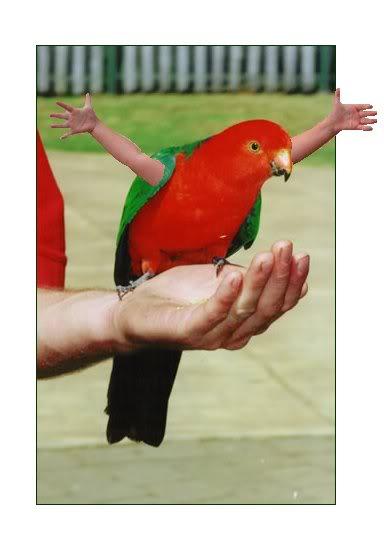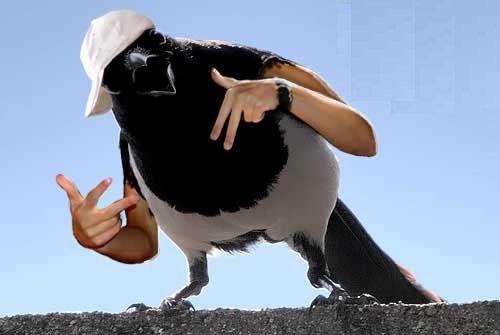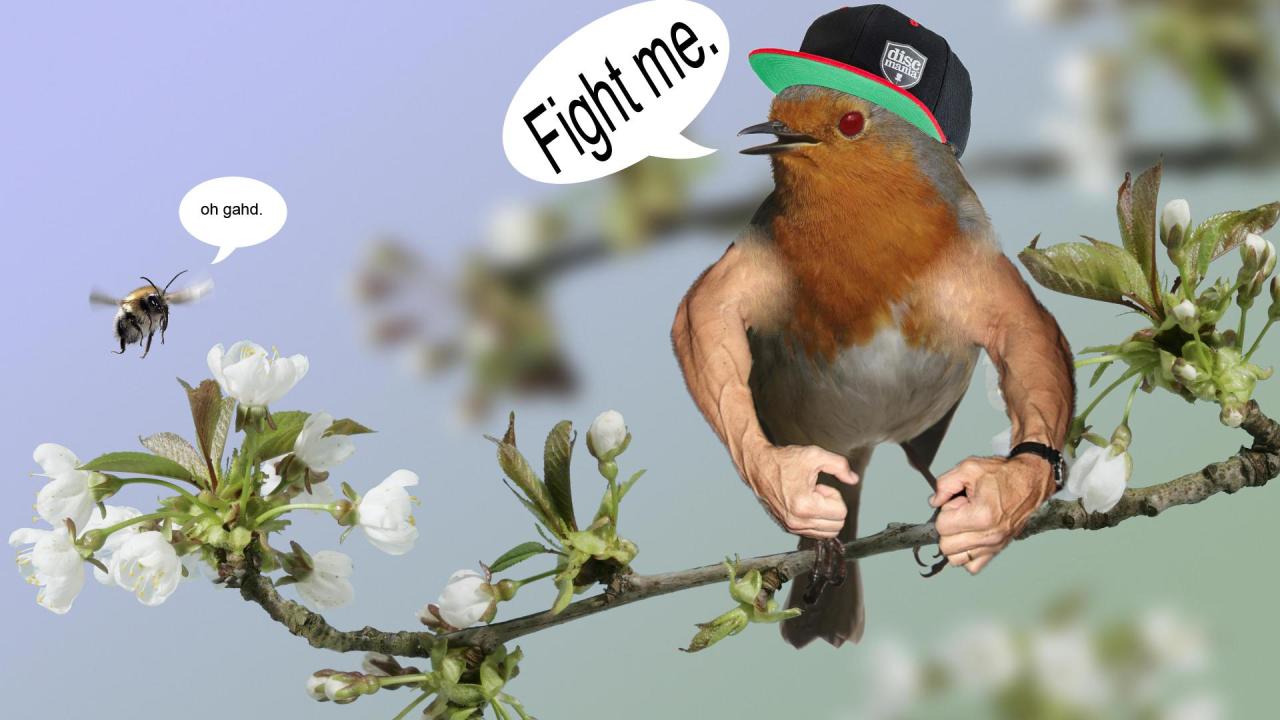The Birds with Arms meme trend represents the archival nature of the internet. According to knowyourmeme.com, the earliest thread of Birds With Arms was created on August 11, 2008. In terms of the Internet as an archive, we are still able to see the first image of a bird with arms (that was posted, anyway), and the plethora of them that have been curated will exist on the Internet as long as it lives. As an archive, the collection of these images will exist even once the human population has long forgotten the meme itself.

Naturally, the Birds with Arms theme represents the language of memes and their characteristics of being ubiquitous and viral. In terms of ubiquity, these remixes of the meme can be found across a plethora of digital platforms, there was not a single platform I couldn’t find birds with arms on, they are everywhere. With virality, these memes are everywhere and everyone can understand them and find the humor in them, it is through their ability to be universal that they have spread and reached the level of “viral.”There are multiple different remixes of the concept of birds with arms, with the same central element of humor being found in the idea of birds having human characteristics. Without the digital, I don’t believe these would be found as humorous on paper, except in games such as “What do you Meme?” where the digital is made physical.
Had I not researched the origin of the meme, I would’ve never known where the assumed “first,” one came from, where it was located, or who was the curator. We see the birds with arms memes and laugh, we never consider who came up with it or why. With all of its reproductions and remixes, we have conditioned to see these memes at face level, and original isn’t seen as near as funny as the remixes. Therefore, the original and the author have lost their power and value in the digital society.




















